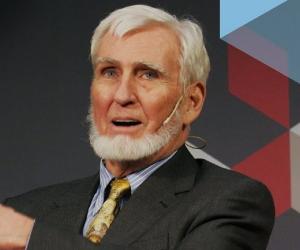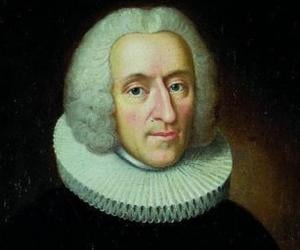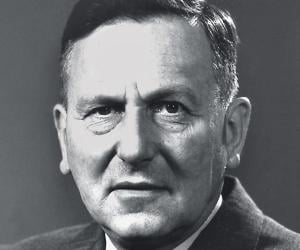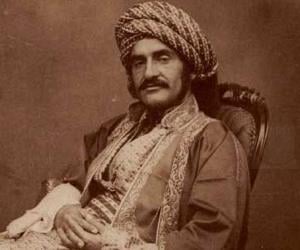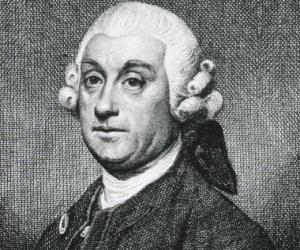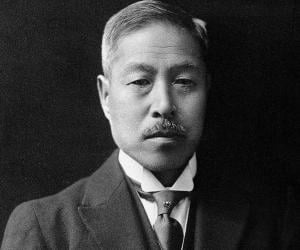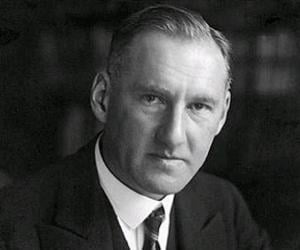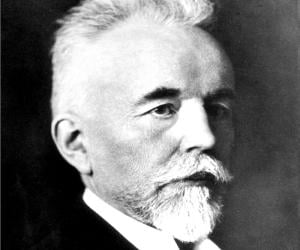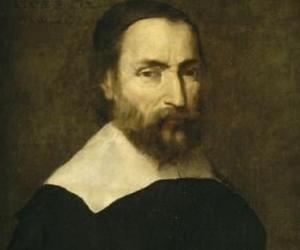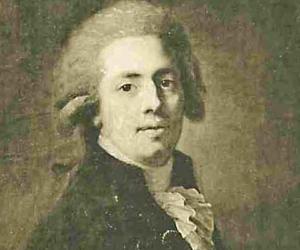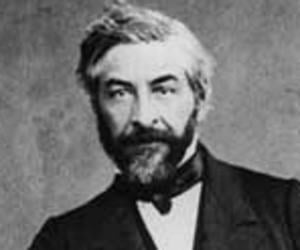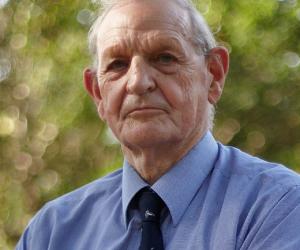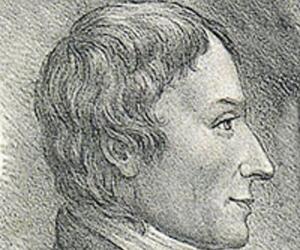1
Saint Kevin
(Saint)
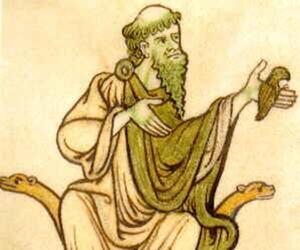
16
5
Birthdate: 0498 AD
Birthplace: Ireland
Died: June 3, 0618
Saint Kevin is honored as the founder and first abbot of Glendalough in County Wicklow, Ireland. He is celebrated for his commitment to a life of prayer, solitude, and spiritual contemplation. Under his guidance, Glendalough flourished as a prominent hub of education and monasticism during early medieval times. Saint Kevin's influence as a spiritual mentor and advisor remains a source of inspiration for many individuals pursuing a more profound spiritual connection and a contemplative lifestyle.
